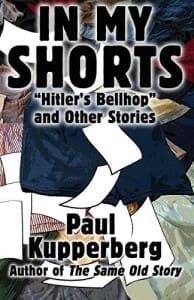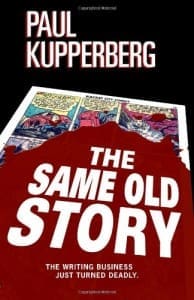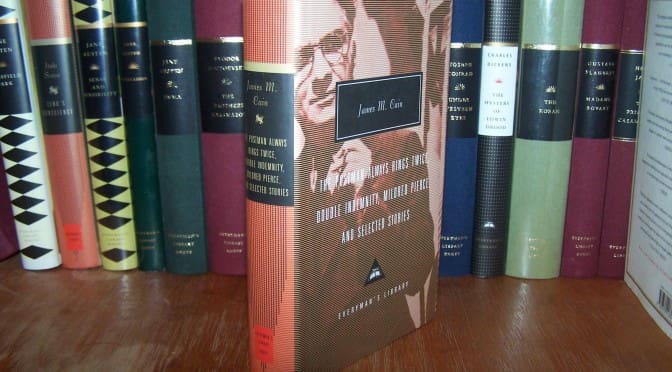 It’s beginning to look a lot like Christmas.
It’s beginning to look a lot like Christmas.
By which I mean, crass commercialism and holiday insanity (pagan cup of Christmas-hating Starbucks Christmas Blend coffee anyone?) are in full bloom, making life, shopping, and social media things to be, if not feared, at least avoided.
And, seeing as I’m at a point in my life where I’ve been trying to divest myself of the endless cartons of stuff I’ve accumulated and have been schlepping around with me for almost fifty years, the thought that this time of year could bring new stuff to replace it is sort of disturbing. (My need to shed that useless tonnage of paper et al found voice, albeit in the extreme, in a short story “Unburdened,” found here.)
But never let it be said I was a holiday…I’m sorry, Christmas (‘cause I don’t want to be accused of waging a war against Christmas in this, a nation that’s about 85% Christian) buzzkill, and, c’mon, seriously, who doesn’t like getting presents? Especially books.
 So, in that spirit, and ‘cause that’s the theme of these holiday season posts, here are some books I think readers who have enjoyed my work (which you can check out here…y’know, just to refresh your memory…but, hey, come to think of it, any of ’em would make fine holiday gifts in their own right!) might be pleased to find under their trees, menorahs, or kwanzaa candles:
So, in that spirit, and ‘cause that’s the theme of these holiday season posts, here are some books I think readers who have enjoyed my work (which you can check out here…y’know, just to refresh your memory…but, hey, come to think of it, any of ’em would make fine holiday gifts in their own right!) might be pleased to find under their trees, menorahs, or kwanzaa candles:

